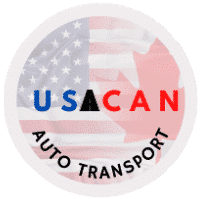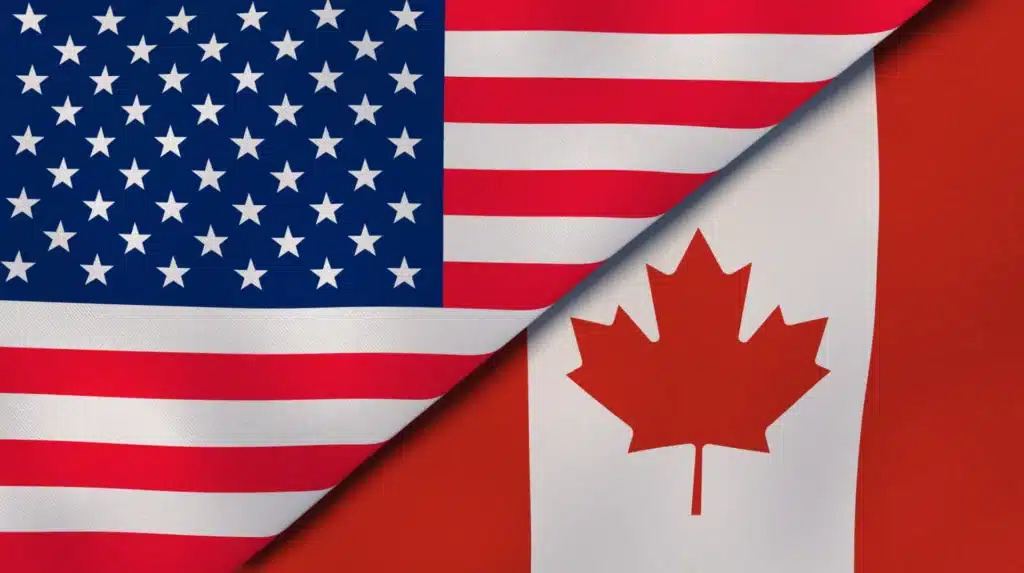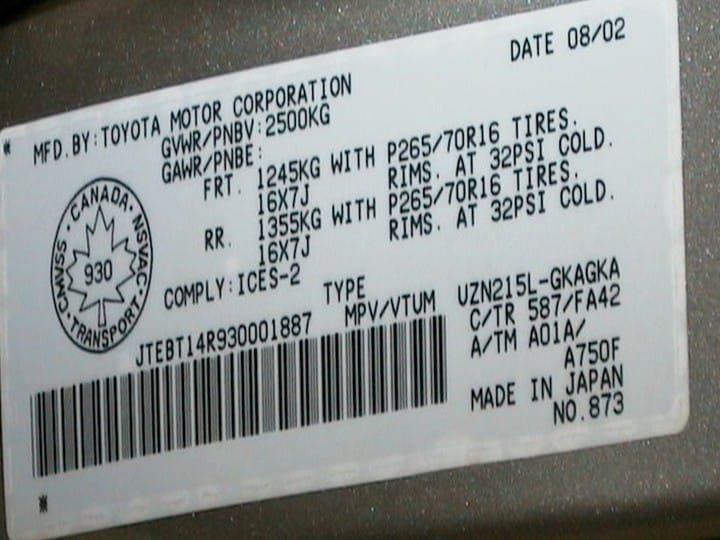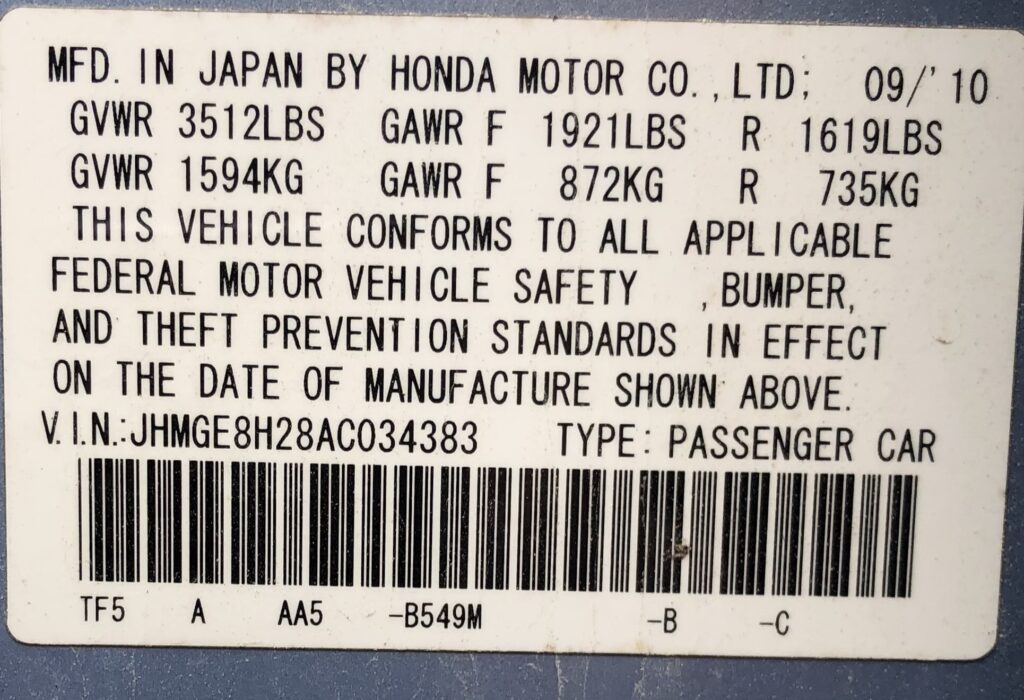Toyota Letter of Compliance for Importing a Toyota or Kia into USA from Canada
If you are considering importing a vehicle from Canada to the US, you need to ensure that the vehicle is compliant with US emissions, US bumper, and anti-theft safety standards. A vehicle is compliant with these standards if it is labeled as such. The EPA compliance label will be under the hood or on the engine block and the Department of Transport (DOT) compliance label will be on the inside of the driver’s door post.
Here is what a 2002 Toyota Transport Canada Compliance Label (it should have the Canadian maple leaf on the label) & US DOT Compliance Label look like.
What if the vehicle does not have the US compliance labels?
Well, many vehicles that were manufactured for the Canadian market may still be compliant with US standards even though they do not have US compliance labels. The importer of the vehicle can contact the vehicle manufacturer and ask for a Letter of Compliance. This letter, when issued, will state that the vehicle at the time of its manufacture complied with US emissions, safety, and anti-theft standards. If the manufacturer attests that the vehicle is compliant, box 2B on the NHTSA Form HS-7 can be used to import the vehicle.
What if the Letter of Compliance states that the vehicle is compliant except for certain minor standards?
Well, it depends on which standards are not compliant. Some standards, such as daytime running lights and minor labeling, can be waived if the vehicle is being imported for personal use. Other standards, such as the absence of a tire pressure monitor, will need to be addressed prior to the vehicle being imported into the USA. A completed work order from a franchised dealership will need to be produced to confirm that the TPMS (Tire Pressure Monitoring System) has been added.
Who makes the final decision on the admissibility of a vehicle being imported from Canada?
The simple answer is the border officer attending at the border when the vehicle arrives for importation. While most officers accept the manufacturer’s certification issued by the Letter of Compliance, there are a handful that do not and will reject the importation and turn the vehicle back to Canada.
What if the manufacturer will not issue a Letter of Compliance?
Over the years, the major car manufacturers have handled the issue of a Letter of Compliance differently. At the time of writing, most manufacturers will issue these letters. However, Toyota& Kia have now decided to stop issuing the Letters of Compliance. Others, such as Hyundai did not issue them in the past but have started issuing them recently. Some may even charge a fee for the issuance of the Letter of Conformity. All is not lost if you cannot obtain a Letter of Compliance from the manufacturer. You can still contract the services of a Registered Importer who will inspect the vehicle or make the necessary modifications to bring the vehicle into compliance. They are expensive and should be used as a last resort.
You do not have to navigate the importation of a vehicle into the US on your own. Our company, US Canada Auto Transport has been arranging the importation of vehicles into the USA for years. Use our contact form below or contact us at 1-800-466-6935.
How the process works:
Step 1
We check that the year, make, and model are not on the NHTSA inadmissible List.
Step 2
We set you up with a Registered Importer who will prepare a compliance file for the US DOT and make whatever necessary modifications to your vehicle.
Step 3
We load your vehicle and transport the vehicle to the Registered Importer’s lot.
Step 4
The Registered Importer prepares the DOT compliance file and holds the vehicle for a mandatory 30-day hold.
Step 5
Once the importation has been approved by the DOT, we load your vehicle for delivery to the final destination.
Biggest Benefit For You!
Benefit 1
The best thing is that you aren’t going to be paying for a new car! No need to pay car payments! Just import your car.
Benefit 2
Also, since your car is going to be paid off, most auto insurance companies will allow you to pay liability insurance instead of full coverage insurance.
Disclaimer: Make sure to talk to a reputable auto insurance company.



